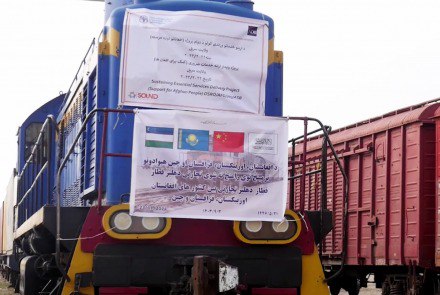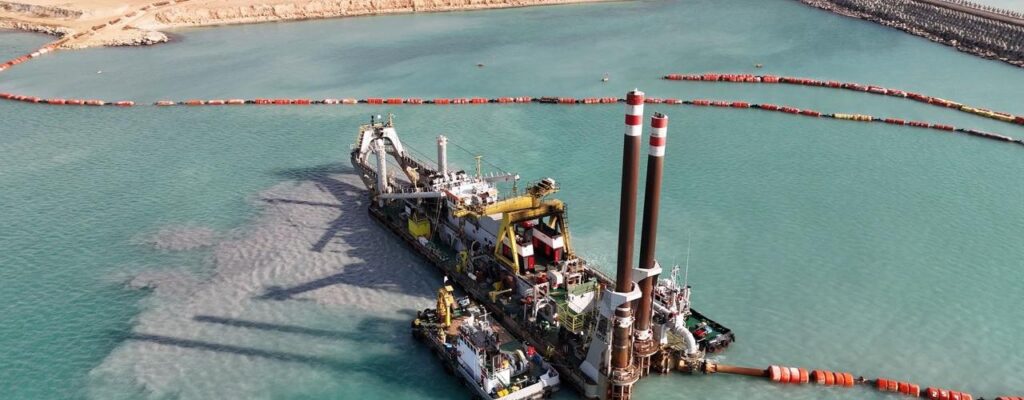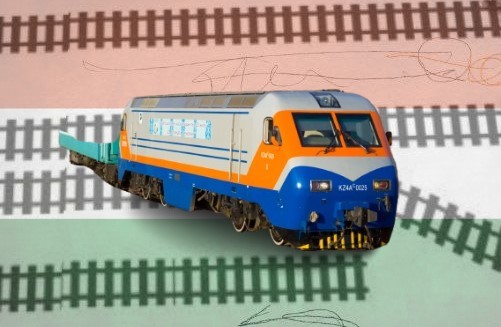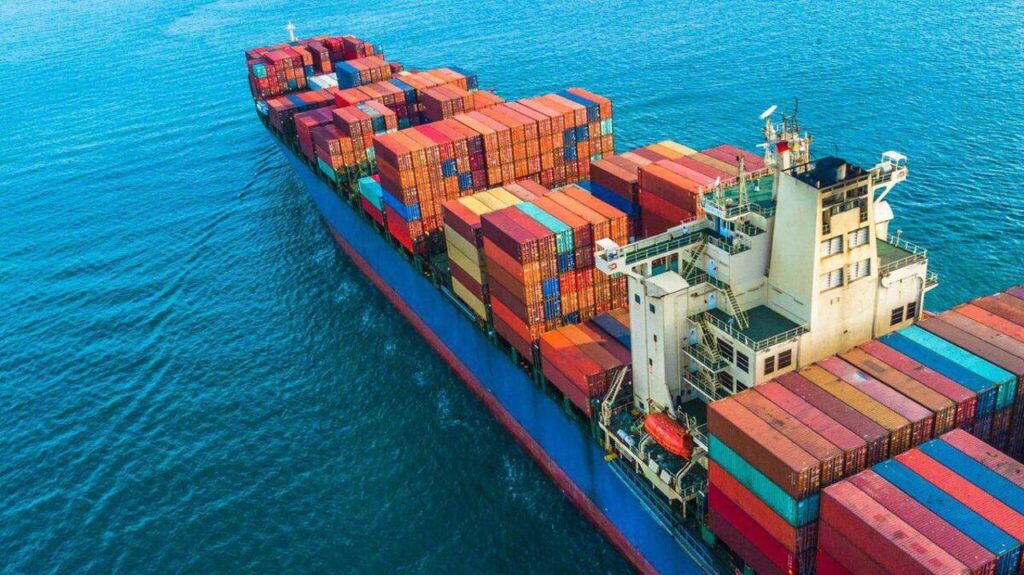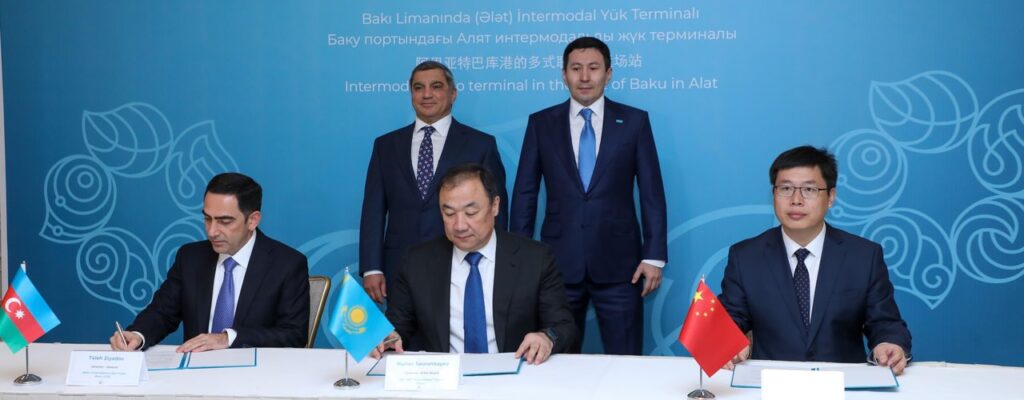Train Link Connects China and Afghanistan via Kazakhstan and Uzbekistan
The first freight train from China arrived at Afghanistan’s Hairatan dry port on November 23, following a route through Kazakhstan and Uzbekistan, according to a report by Afghan TOLOnews. Hairatan, a border town in northern Afghanistan, lies a short distance from the Uzbek city of Termez and serves as a critical transit hub between the two nations. Speaking at a ceremony marking the train’s arrival, Afghanistan’s Acting Minister of Industry and Commerce Nooruddin Azizi noted that the freight journey through Kazakhstan and Uzbekistan took 20 days. Azizi also announced plans to use the rail link to transport Afghan goods to China. Beijing has been working to increase its economic footprint in Taliban-ruled Afghanistan, focusing on the nation’s rich mineral reserves and infrastructure projects to boost bilateral trade. Kazakhstan and Uzbekistan, too, are eager to enhance their trade relations with Afghanistan and participate in the country’s railway infrastructure development. In October, Kazakhstan and Afghanistan signed a roadmap to boost bilateral trade to $3 billion and to include Kazakhstan in the construction of two major railway lines in Afghanistan: Turgundi – Herat – Kandahar - Spin Boldak and Mazar-i-Sharif - Harlachi. This milestone train link highlights a growing regional commitment to economic connectivity and trade expansion.
